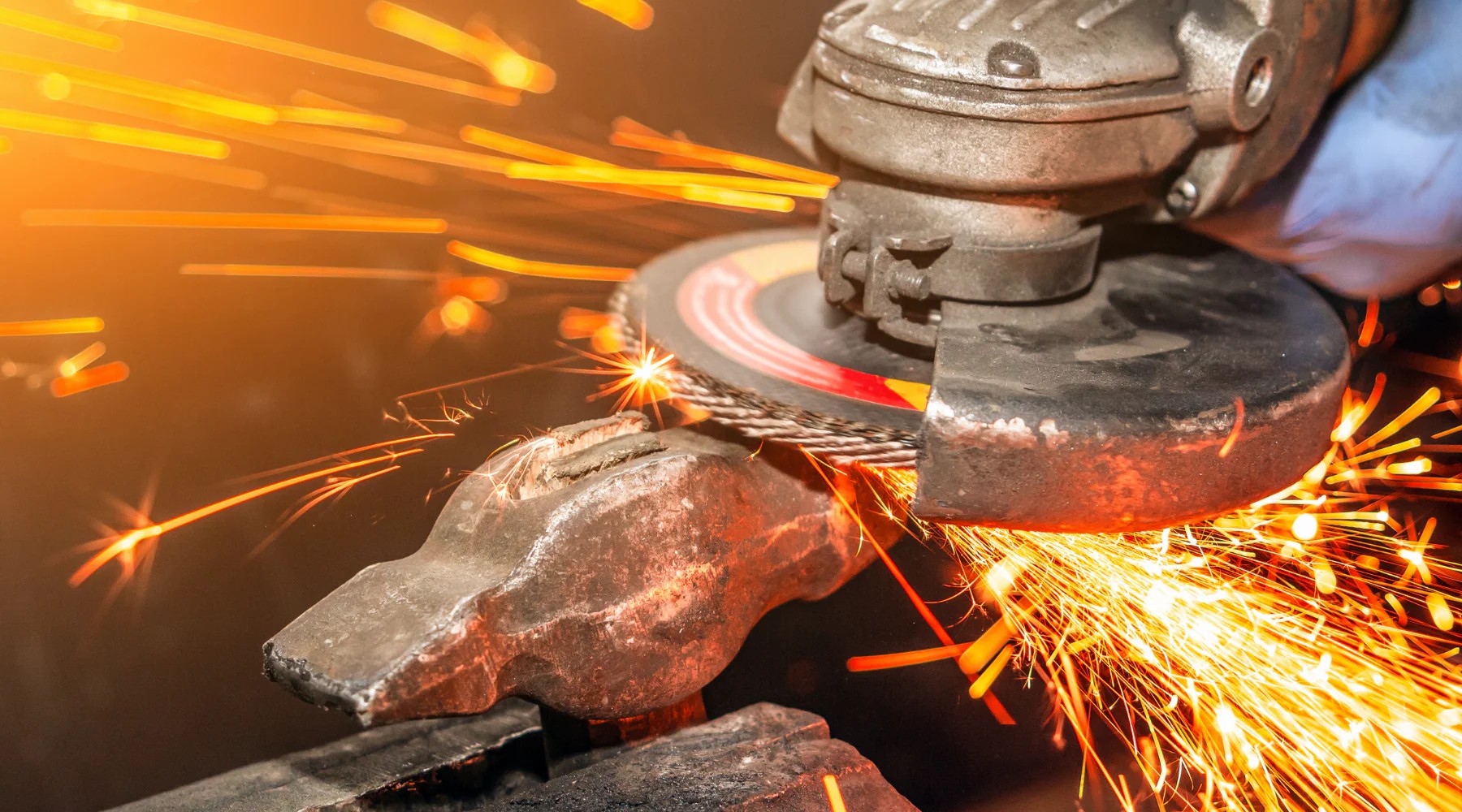


 349,500 Offered Certificates
349,500 Offered Certificates
 24/7 Online Training
24/7 Online Training
 Money Back Guarantee
Money Back Guarantee
 Fully Accredited Courses
Fully Accredited Courses

Created at: 22-02-2025 19:52
Abrasive wheels are vital tools in various industries, but they bring significant risks if not handled with the utmost caution. This comprehensive guide covers the hazards associated with abrasive wheels, the common injuries that can occur, and the best safety practices to mitigate these dangers. With an emphasis on Abrasive Wheels Certification, we'll explore how proper training and compliance can lead to safer work environments.
Abrasive wheels, used primarily in cutting, grinding, and polishing, carry inherent risks, making it essential for operators to be adequately trained. The primary hazards include:
Injuries from abrasive wheels can range from minor to life-threatening. The most prevalent types include:
To minimize the risks associated with abrasive wheels, the following best practices are essential:
Obtaining an Abrasive Wheels Certificate enhances workplace safety and compliance with safety regulations. This certification process provides operators with the knowledge needed to perform their jobs safely, covering:
Looking for training options? Explore Abrasive Wheels Courses available in major cities such as Dublin, Cork, Galway, Limerick, and Waterford. Online courses are also offered for flexibility.
Investing time in obtaining your Abrasive Wheels Certification is not just about compliance; it’s about creating a safer work environment. With proper training, you’ll not only protect yourself and your coworkers but also enhance your career opportunities. Don’t wait for an accident to highlight the necessity of safety measures – act now and enroll in an Abrasive Wheels Course in Dublin, Cork, Galway, Limerick, or Waterford.
To learn more about safety training or enroll in a course, contact us at [email protected]. Your safety is our priority!